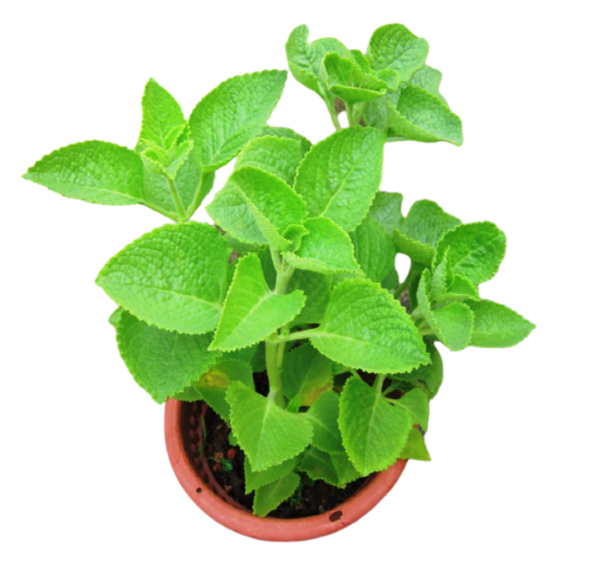Ajwain, also known as carom seeds or *Trachyspermum ammi*, is a versatile spice native to the Indian subcontinent. It is widely celebrated for its strong, pungent flavor, which resembles thyme, and is often used in various culinary traditions, particularly in Indian, Middle Eastern, and African cuisines.
### Culinary Uses
Ajwain seeds are small, oval, and light brown in color. They are typically used in whole form, often tempered in hot oil to release their aromatic oils before being added to dishes. Ajwain is a common ingredient in various preparations, including flatbreads like naan and parathas, lentil dishes, curries, and savory snacks. Its distinctive flavor enhances the taste of foods, making it a popular choice in spice blends and pickles.
### Health Benefits
Beyond its culinary applications, it is known for its numerous health benefits. It has potent carminative properties, aiding digestion and relieving issues such as bloating and gas. Additionally, ajwain possesses antimicrobial and antifungal qualities, making it beneficial for gut health. It is also traditionally used to alleviate respiratory problems, such as coughs and congestion. Rich in essential nutrients like calcium, iron, and vitamins, ajwain contributes to overall wellness.
### Growing
Ajwain thrives in warm, sunny climates and can be easily grown in well-drained soil. It requires regular watering, but care should be taken to avoid waterlogging. Seeds can be sown directly in gardens or containers.
### Storage
To maintain its robust flavor, it should be stored in an airtight container in a cool, dark place. Whole seeds have a longer shelf life compared to ground ajwain.
In summary, ajwain is a flavorful spice that not only enhances dishes but also offers significant health benefits, making it a staple in many kitchens.
have a look at our indoor plant collectionhttps://mfourgreen.com/product-category/indoor-plants/

Reviews
There are no reviews yet.